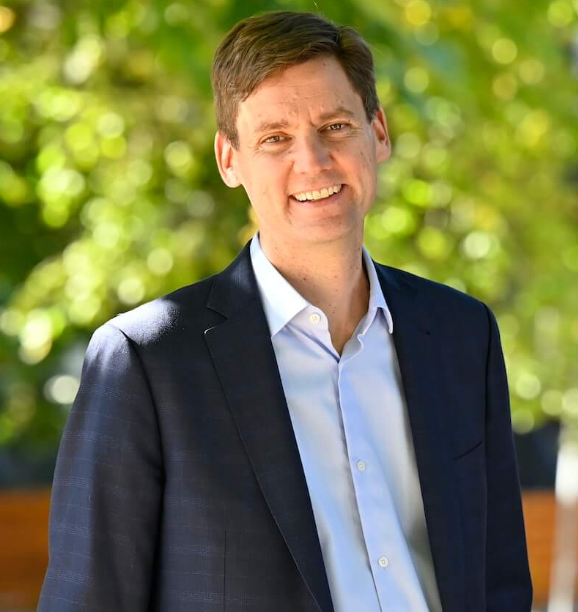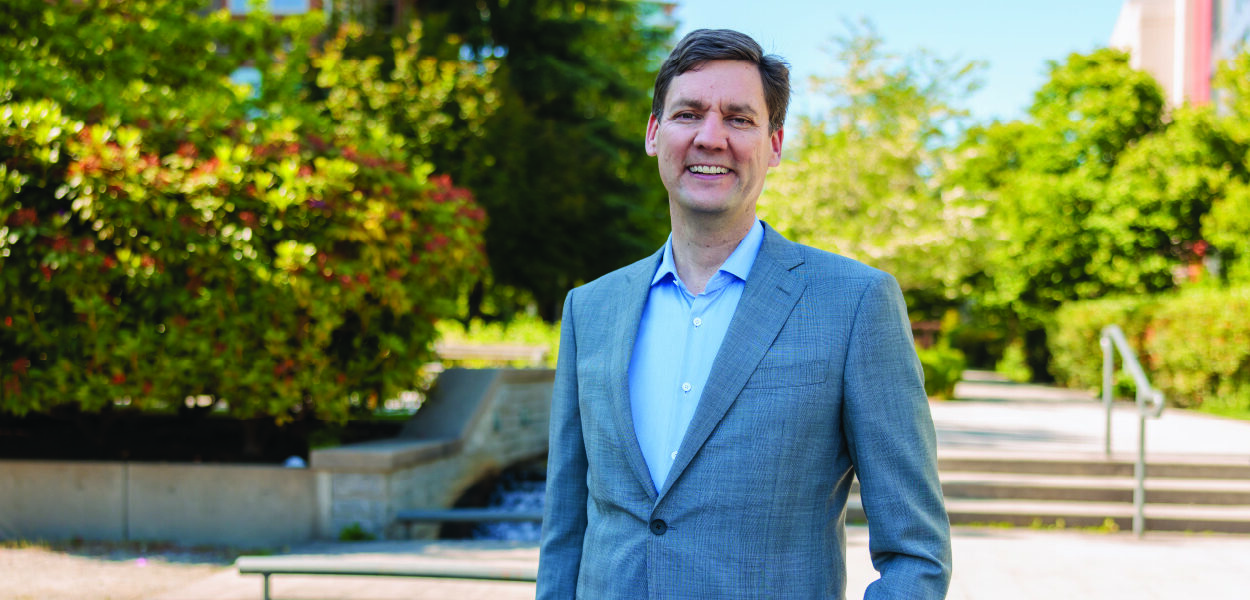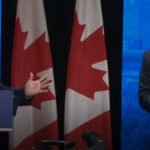By Harinder Mahil
As the NDP has elected a majority, I congratulate Premier David Eby and his newly appointed ministers for their re-election. Although they don’t have as many seats as before, it is still significant that they were able to get a majority of NDP candidates elected.
Premier Eby, on behalf of the NDP, made several promises during the election campaign which he and his ministers will have to fulfill. I fully understand his promises relating to housing, healthcare, education, and public safety but have difficulty understanding the promise relating to a tax cut.
During the election campaign the NDP promised to reduce taxes for most residents by increasing the amount of tax-free income people can claim. The NDP’s promise relating to affordability reads: “Putting $1,000 in the wallets of BC households now, and every year. Over 90% of British Columbians will benefit with $500 for individuals or $1,000 for households.”

When it comes to taxes, I am no different than most British Columbians. I would love to receive either $500 or 1,000 in my wallet. Most British Columbians want to pay the least amount of taxes but want to receive all the services the government can provide. We want the best healthcare with no emergency room closures in hospitals. We want the best teachers in our schools without students having to go into portable classrooms. We want the government to take action about prices of food and housing. We do not want to see anyone in BC go hungry or without a home. In addition, we want the government to make sure we have excellent roads, bridges and hospitals.
How can the government pay for all these services if it reduces taxes? The government’s finances are no different than household finances. When a government reduces taxes, it has less money coming in which leads to a higher budget deficit and higher debt. A tax cut would erode the government’s ability to tackle many of the challenges we face including childcare, healthcare and investments in housing.
A tax cut would make sense if the province were running a surplus but that is not the case. The provincial deficit is estimated at $9 billion a year.
We have seen the results of tax cuts by the BC Liberal government in the early 2000s. Those cuts disproportionally benefited the rich. At the same time there was a dramatic cut in public services. Thousands of healthcare workers were laid off and services were provided by contractors. In addition, there were significant cuts to public services as well as to the education system.

According to a recently released report by the Canadian Centre for Policy Alternatives following the tax and spending cuts under the BC Liberals, the role of public spending in the provincial economy was seriously diminished. As a share of the GDP, provincial government operating spending dropped sharply in the early 2000s and remains lower today than it was 25 years ago. This is despite some important investments in social programs by the NDP government since 2017.
By the 2023/24 fiscal year, the provincial operating budget was at 20.7 % of GDP, down from 21.5 % in 1999/2000. This shows that right wing claims of the BC government engaging in reckless spending are not true.
People of British Columbia are asking the provincial government for improved services. These services can only be delivered by raising more revenue and not by cutting taxes.
Harinder Mahil is a human rights activist and is secretary of Dr. Hari Sharma Foundation.














2 Comments
betgaranti
2 days agoYour blog is a beacon of light in the often murky waters of online content. Your thoughtful analysis and insightful commentary never fail to leave a lasting impression. Keep up the amazing work!
Waka IPTV south africa hello peter
2 days agoobviously like your web-site but you need to test the spelling on quite a few of your posts. Several of them are rife with spelling problems and I to find it very troublesome to inform the reality on the other hand I’ll certainly come back again.